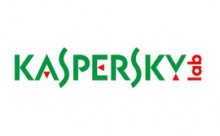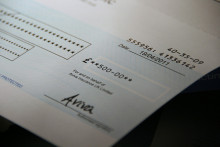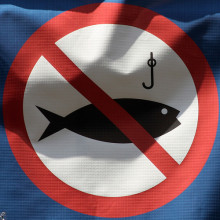Phishing attacks surge with 87 percent growth over last year, warns Kaspersky
Researchers at Kaspersky Lab have reported significant growth in phishing attacks over the last year.
In a study entitled "The Evolution of Phishing Attacks", Kaspersky said it found 37.3 million out of its 50 million customers running its security products that were at risk of being phished from 2012 to the present, an 87 percent increase over the same period between 2011 and 2012.







































































